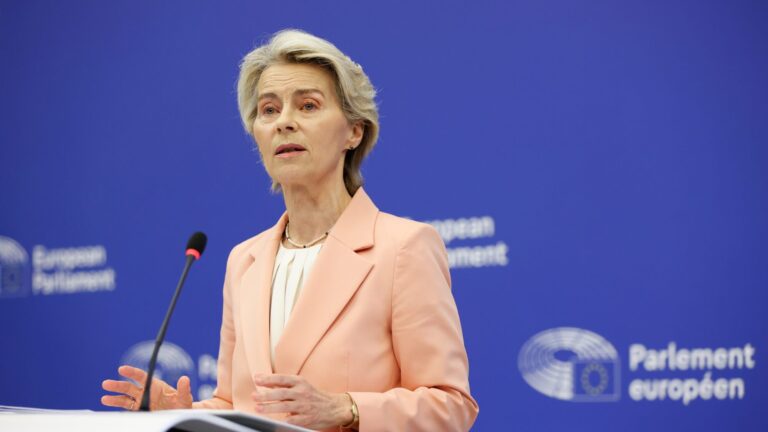Spanish Prime Minister Pedro Sánchez (PSOE) has announced the introduction of a new gender equality law to boost the participation of women in politics, business, and nearly all spheres of public life, Reuters reported.
The reform dubbed the Equal Representation Law will mandate alternating between men and women when drawing up a list of candidates or getting new hires—a type of gender quota known as “zipper lists.” These mandatory gender parity measures will be applied everywhere from electoral lists to the boards of directors of big companies, and to every organization that is at least in part publicly funded.
“If women represent half of society, then half of the political power and half of the economic power must be for women,” the socialist prime minister said on Saturday, March 4th, at a political rally organized for launching the initiative. “There will be people who find it extreme or even absolutely disproportionate, but to us, it is just plain and simple justice.”
Este martes romperemos para siempre el techo de cristal.
— Pedro Sánchez (@sanchezcastejon) March 4, 2023
Ni un paso atrás en la defensa de la igualdad. Con valentía y determinación.
Paridad por ley. pic.twitter.com/GY85HYQLhv
The gender parity bill will be approved by the government at Tuesday’s cabinet meeting—ahead of International Women’s Day on March 8th—before going for debate in parliament, where it is expected to pass easily.
The law, which supporters call a ‘historic’ reform that could serve as an example for others in Europe, is just the latest among Madrid’s recent progressive legislative changes. For instance, Spanish lawmakers recently passed the controversial transgender rights bill, which allows children as young as 12 to legally change their gender and start transitioning. Last year, another bill made abortion accessible for 16-year-olds without parental consent; a different one introduced paid menstrual leave for the first time in Europe.
However, in many cases, these legislations are not only challenged by conservative parties, such as VOX, but also by—ironically enough—feminist groups across the nation. For example, feminists rightfully argue that the trans law is hurting women by letting biological men invade women’s spaces and erase previously existing legal protections for women. Moreover, the ‘Only Yes is Yes’ law, originally meant to strengthen the protection of the victims of sexual abuse, also included certain legislative changes which actually reduced the sentences of formerly imprisoned sexual criminals, even setting some of the convicted rapists free.
The new gender parity law is suspected to be the government’s way of trying to heal the divide that these previous bills have caused. But, understandably, feminist groups remain unconvinced of the government’s efforts, and many voiced their skepticism following the announcement. One group, the Movimiento Feminista, even replied to Sánchez sarcastically, asking if the law will “be based on the percentage of female penises and male penises or will it be a transphobic law, which speaks of vulva-carrying women and penis-carrying men?”
Una duda, presidente.
— Movimiento Feminista (@ConfluenciaMF) March 4, 2023
¿Esta ley de paridad, se basará en la % de penes femeninos y penes masculinos o será una ley transfóbica, que hable de mujeres vulvoportantes y de hombres peneportantes?
¿A quién pretenden tomar el pelo?#FeminismoNoVotaTraidores https://t.co/1ywccBbha3
According to the government, the Equal Representation Law will require political parties to offer an equal number of male and female candidates during elections (and to nominate them using the alternating ‘zipper-lists’) in order to boost women’s parliamentary representation. At the moment, women make up 44% of the Spanish Congress, and 39% of the Senate.
In big business, the law will require women to make up 40% of the management of any company with more than 250 employees or an annual turnover of €50 million. The 40% rule will apply to professional associations too, as well as juries and judges of any award financed with public money.
According to PM Sánchez, the government was “not only taking a step in favor of feminism but in favor of Spanish society as a whole.”





